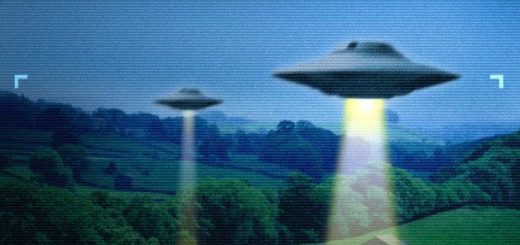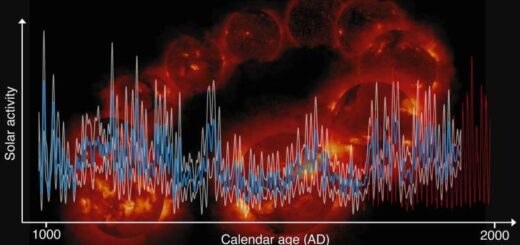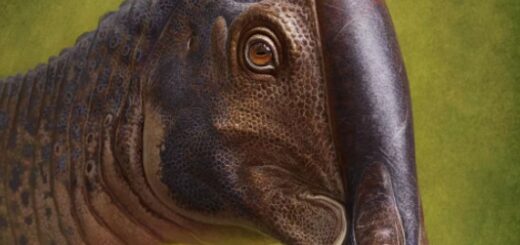Harvard prof doesn’t back down from claims that alien spacecraft may be zipping past Jupiter orbit

A distinguished Harvard University professor is not backing down from his claims that a piece of extraterrestrial spacecraft technology may be flying past the orbit of Jupiter at this moment.
Avi Loeb, one of the top astronomy professors in the world, boasting of decades of Ivy League professorships and hundreds of publicized works in respected astronomy publications, is remaining defiant that the space object – dubbed as “Oumuamua” – first noticed by Hawaiian astronomers in 2017 could be from another civilization.
“Considering an artificial origin, one possibility is that ‘Oumuamua is a lightsail, floating in interstellar space as a debris from an advanced technological equipment,” Loeb and his colleague Shmuel Bialy wrote in Astrophysical Journal Letters in November, according to the Washington Post.
Since making the shock claim last year, many scientists have criticized Loeb for offering, in their view, the most sensationalist theory of what the object is.
“Oumuamua is not an alien spaceship, and the authors of the paper insult honest scientific inquiry to even suggest it,” Ohio State University astrophysicist Paul M. Sutter wrote in a tweet. Other scientists are more diplomatic and haven’t publicly countered Loeb’s claims, only saying that the object is likely just some sort of rock, whether it’s a piece of an asteroid or a comet.
But Loeb remains stubborn on this theory, and dismisses the claims that it’s a rock, noting that it’s moving too fast for an inert rock. He told the Post that the object is long yet no more than one millimeter thick, and that it’s so light that sunlight is moving the object out of the solar system.
“Many people expected once there would be this publicity, I would back down,” Loeb says. “If someone shows me evidence to the contrary, I will immediately back down.”
“It changes your perception on reality, just knowing that we’re not alone,” he continued. “We are fighting on borders, on resources. … It would make us feel part of planet Earth as a civilization rather than individual countries voting on Brexit.”
Even as his theories attracted attention around the world, despite his colleagues’ criticism, Loeb says he’s not afraid of any possible repercussions for spreading his theories and wears it as a badge of honor, showing his unorthodox approach to science.
“The mainstream approach [is] you can sort of drink your coffee in the morning and expect what you will find later on. It’s a stable lifestyle, but for me it resembles more the lifestyle of a business person rather than scientists,” he told the newspaper.
“The worst thing that can happen to me is I would be relieved of my administrative duties, and that would give me even more time to focus on science,” he added. “All the titles I have, I can dial them back. In fact, I can dial myself back to the farm.”



 Creators of mankind
Creators of mankind Description of “Tall white aliens”
Description of “Tall white aliens” Where they came from?
Where they came from? About hostile civilizations
About hostile civilizations The war for the Earth
The war for the Earth “Tall white aliens” about eternal life
“Tall white aliens” about eternal life Video: “Nordic aliens”
Video: “Nordic aliens” Aliens
Aliens Alien encounters
Alien encounters The aliens base
The aliens base UFO
UFO Technology UFO
Technology UFO Underground civilization
Underground civilization Ancient alien artifacts
Ancient alien artifacts Military and UFO
Military and UFO Mysteries and hypotheses
Mysteries and hypotheses Scientific facts
Scientific facts


















